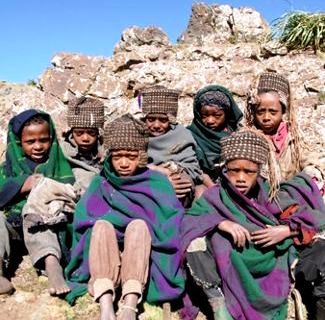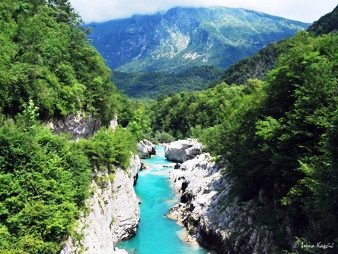 Montreal – Albania, Botswana and the Federated States of Micronesia have become the 13th, 14th and 15th countries to ratify the Nagoya Protocol on Access to Genetic Resources and the Fair and Equitable Sharing of Benefits Arising from their Utilization to the Convention on Biological Diversity (CBD).
Montreal – Albania, Botswana and the Federated States of Micronesia have become the 13th, 14th and 15th countries to ratify the Nagoya Protocol on Access to Genetic Resources and the Fair and Equitable Sharing of Benefits Arising from their Utilization to the Convention on Biological Diversity (CBD).
These three countries join Ethiopia, Fiji, Gabon, India, Jordan, Lao People’s Democratic Republic, Mauritius, Mexico, Panama, Rwanda, the Seychelles and South Africa as countries that have ratified or acceded to the ground-breaking treaty.
Albania is the first country in the Central and Eastern European region to accede to the Protocol. The Federated States of Micronesia is the latest Small Island Developing State to ratify, joining Fiji and the Seychelles. Botswana becomes the 6th African country to ratify.
The Nagoya Protocol will enter into force on the 90th day after the date of deposit of the 50th instrument of ratification, acceptance, approval or accession. Ninety-two Parties had signed the Protocol at the closure of signature on 1 February 2012, highlighting the commitment of countries to the early entry into force and implementation of the Protocol.
“The actions by Albania, Botswana and the Federated States of Micronesia take us to four ratifications so far in 2013. These are just the beginning of the momentum that will bring the Nagoya Protocol into force in advance of COP 12,” said Braulio Ferreira de Souza Dias, Executive Secretary to the Convention on Biological Diversity.
Background
The Nagoya Protocol was adopted at the tenth meeting of the Conference of the Parties in 2010, in Nagoya, Japan, and significantly advances the objective of the Convention on the fair and equitable sharing of benefits arising from the utilization of genetic resources by providing greater legal certainty and transparency for both providers and users of genetic resources. By promoting the use of genetic resources and associated traditional knowledge, and by strengthening the opportunities for fair and equitable sharing of benefits from their use, the Protocol will create incentives to conserve biodiversity, sustainably use its components, and further enhance the contribution of biodiversity to sustainable development and human well-being.
The Convention on Biological Diversity (CBD)
Opened for signature at the Earth Summit in Rio de Janeiro in 1992, and entering into force in December 1993, the Convention on Biological Diversity (CBD) is an international treaty for the conservation of biodiversity, the sustainable use of the components of biodiversity and the equitable sharing of the benefits derived from the use of genetic resources. With 193 Parties, the Convention has near universal participation among countries. The Convention seeks to address all threats to biodiversity and ecosystem services, including threats from climate change, through scientific assessments, the development of tools, incentives and processes, the transfer of technologies and good practices, and the full and active involvement of relevant stakeholders including indigenous and local communities, youth, NGOs, women and the business community. The Cartagena Protocol on Biosafety is a subsidiary agreement to the Convention. It seeks to protect biological diversity from the potential risks posed by living modified organisms resulting from modern biotechnology. To date, 166 countries plus the European Union have ratified the Cartagena Protocol. The Secretariat of the Convention and its Cartagena Protocol is located in Montreal. For more information, visit www.cbd.int.


















